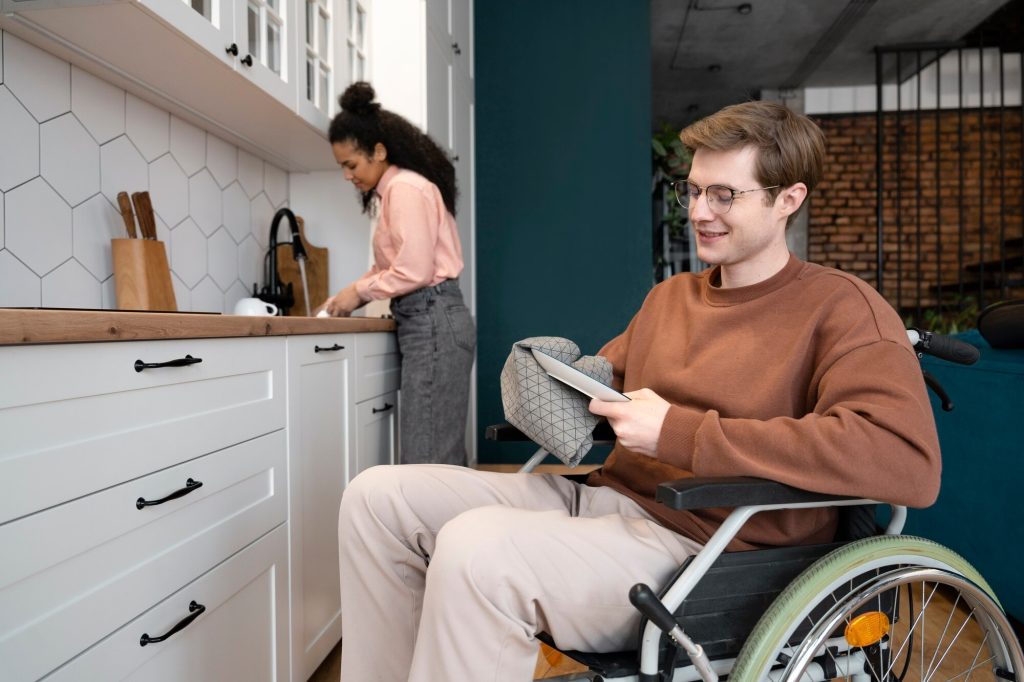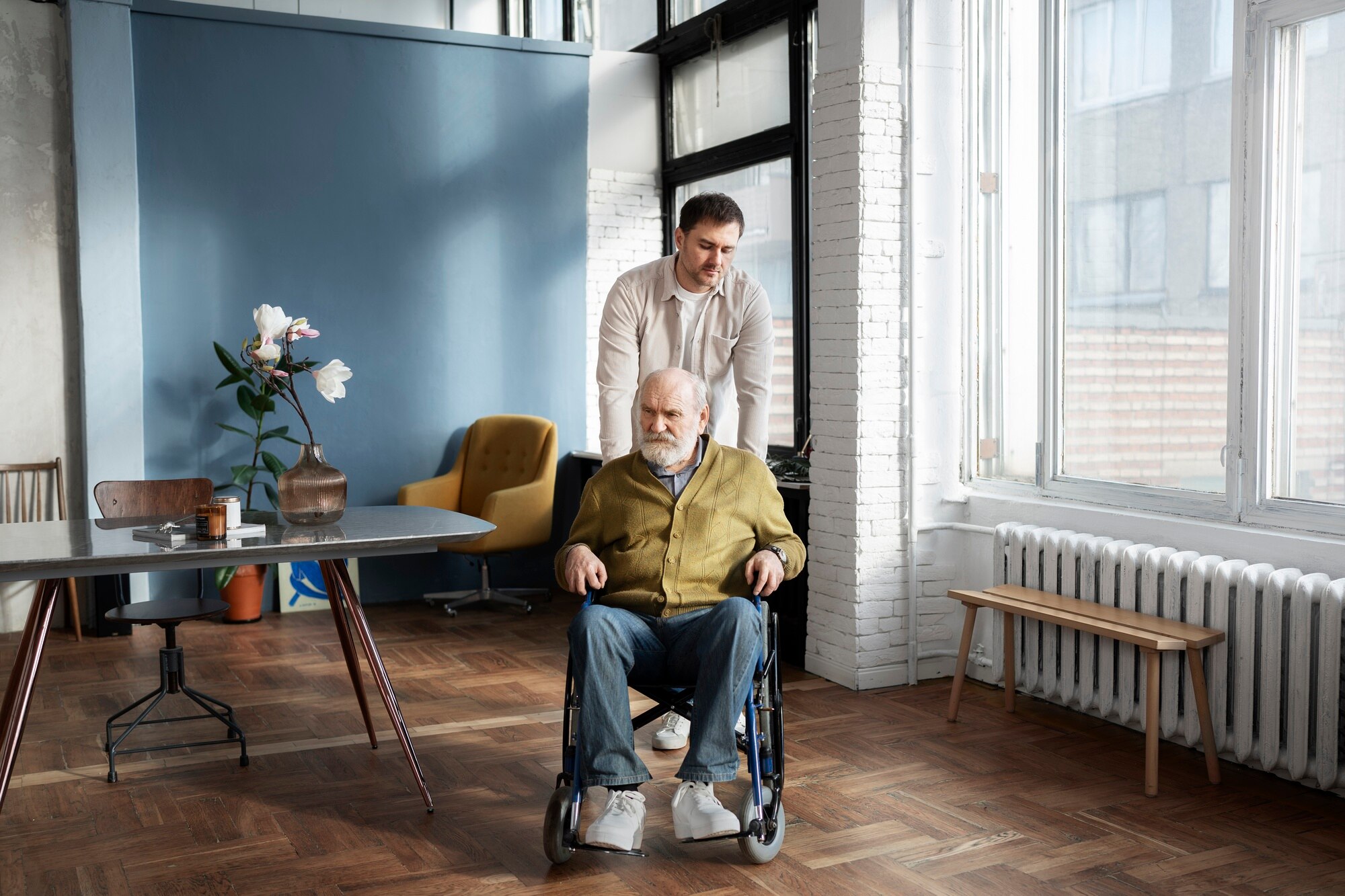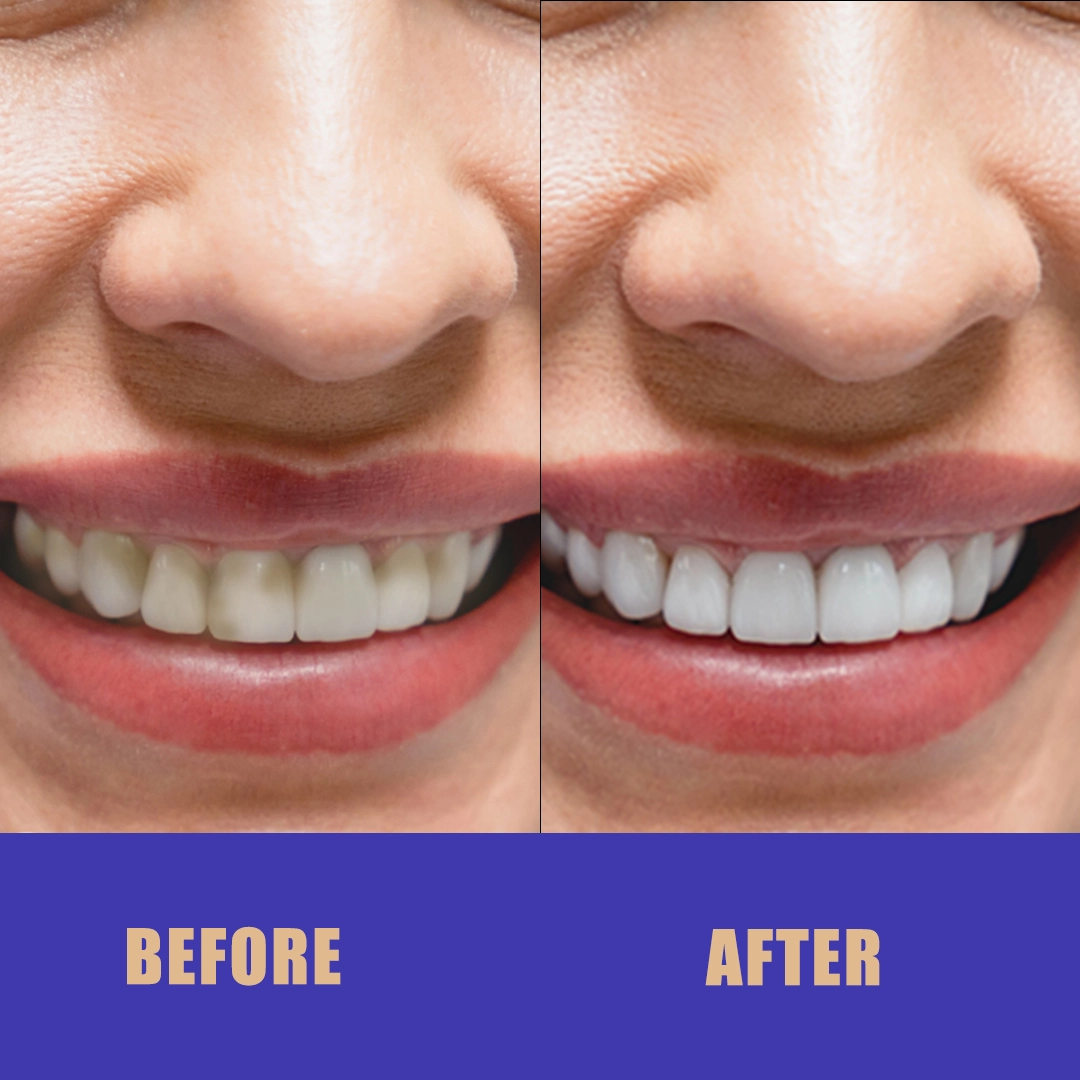Specialist Disability Accommodation (SDA) refers to housing that has been designed or modified to cater to the needs of people with significant functional impairment or very high support needs. SDA is funded under the National Disability Insurance Scheme (NDIS) and aims to provide individuals with a safe, supportive, and accessible living environment.
What is SDA?
SDA is a specialized housing solution that offers more than just a place to live. It includes tailored features that ensure the living environment is adapted to the unique needs of individuals with disabilities. These modifications can range from structural changes, like wider doorways and accessible bathrooms, to advanced technologies for greater independence. Understanding what SDA encompasses helps set realistic expectations and guides the search for suitable accommodation.

Types of SDA
There are various types of SDA, each designed to meet different needs. These include High Physical Support, Fully Accessible, Robust, Improved Liveability, and Basic SDA. High Physical Support and Fully Accessible accommodations are designed for individuals with high mobility needs. Robust SDA is built to be resilient and safe for individuals who may have complex behaviors. Improved Liveability and Basic SDA cater to those with less intensive needs but still require specific design features.
Funding under the NDIS
SDA funding is part of the NDIS, which aims to provide individualized support. The funding covers the cost of the specialized accommodation itself, not the support services. To be eligible for SDA funding, the participant’s NDIS plan must explicitly include it, and they must meet the criteria of having complex support needs that cannot be met through other means. This funding is crucial as it makes it financially feasible for participants to access these specialized accommodations.
Finding Specialist Disability Accommodation
Finding the right SDA involves several steps, from identifying your needs to consulting with professionals who can assist in the search. Here’s how you can streamline the process.

Identify Your Needs
Before you start looking for SDA, it’s crucial to identify your specific needs and preferences. Consider the following factors:
- Accessibility: Ensure the accommodation is accessible and meets your mobility needs.
- Support Services: Determine the type and level of support services you require.
- Location: Consider the proximity to family, friends, healthcare facilities, and other essential services.
- Amenities: Evaluate the availability of necessary amenities such as transportation, shopping centers, and recreational areas.
Assessing Accessibility
Accessibility is a cornerstone of SDA. Look for features like ramps, wide doorways, and accessible bathrooms that cater to mobility aids like wheelchairs. Ensure the accommodation has an easy-to-navigate layout and that crucial amenities like kitchens and bathrooms are designed for ease of use. Accessibility doesn’t just refer to physical spaces; consider technology aids that assist in daily living activities.
Evaluating Support Services
Support services can range from personal care to specialized health services. Determine the level of support you require and ensure that the accommodation can meet these needs. Services should be available round-the-clock and include emergency response systems. High-quality support services can significantly enhance your living experience and overall well-being.
Considering Location and Amenities
The location of your SDA is just as important as the accommodation itself. Proximity to essential services like hospitals, shopping centers, and public transport can greatly impact your quality of life. Evaluate the neighborhood for its safety and accessibility. Consider amenities such as parks and recreational areas, which can offer opportunities for social interaction and leisure activities.
Research Online
The internet is a valuable resource for finding SDA options. Websites like the NDIS Provider Finder, Disability Housing Hub, and other specialized platforms can help you locate available accommodations in your area.
- NDIS Provider Finder: This tool allows you to search for registered SDA providers in your locality.
- Disability Housing Hub: A platform dedicated to listing various disability accommodation options.
Using the NDIS Provider Finder
The NDIS Provider Finder is a user-friendly tool that allows you to filter results based on your specific needs. You can search by location, type of accommodation, and level of support required. The tool provides detailed profiles of registered providers, including contact information and reviews from other users. This can help you make an informed decision.
Exploring the Disability Housing Hub
The Disability Housing Hub offers a comprehensive listing of available SDA options. It includes photos, detailed descriptions, and information about the accessibility features of each accommodation. The platform also allows you to contact providers directly to arrange visits and ask specific questions. This can be a great way to get a feel for the available options and narrow down your choices.
Leveraging Social Media and Forums
Social media platforms and disability forums can also be valuable resources. Join groups and forums where people share their experiences and recommendations. These communities can provide insights into lesser-known options and offer firsthand reviews. Engaging with others who have gone through the process can provide practical advice and support.
Consult with Support Coordinators
Support Coordinators can provide personalized assistance in finding suitable SDA. They have extensive knowledge of the available options and can help you navigate the complexities of the application process.
Understanding the Role of Support Coordinators
Support Coordinators are trained professionals who assist NDIS participants in implementing their plans and accessing necessary services. They have an in-depth understanding of the SDA market and can provide tailored recommendations based on your needs. Their expertise can save you time and effort, making the search process more efficient.
Benefits of Personalized Assistance
Personalized assistance means that the Support Coordinator will take the time to understand your unique needs and preferences. They can offer a curated list of potential accommodations that fit your criteria. This ensures that you don’t waste time on unsuitable options and can focus on those that truly meet your requirements. Their guidance can also help you avoid common pitfalls and streamline the application process.
How to Choose a Support Coordinator
Choosing the right Support Coordinator is crucial. Look for someone with experience in SDA and a good track record of helping clients find suitable accommodations. Ask for referrals and read reviews from other NDIS participants. A good Support Coordinator will be proactive, responsive, and committed to helping you achieve the best possible outcome.
Visit Potential Accommodations
Once you have shortlisted potential accommodations, arrange visits to inspect them personally. This will give you a better understanding of the living conditions, accessibility features, and overall suitability.
Scheduling and Planning Visits
Plan your visits in advance and make a checklist of what you need to inspect. This includes checking the accessibility features, the quality of support services, and the general living conditions. Take notes and photos during your visits to help you compare options later. If possible, bring along a Support Coordinator or a trusted person to get a second opinion.
What to Look for During Visits
During your visits, pay attention to the details. Check the accessibility features like ramps, handrails, and bathroom modifications. Evaluate the overall living conditions, including cleanliness, safety, and comfort. Talk to current residents if possible to get an idea of their experience. Assess the quality and availability of support services, and make sure they meet your specific needs.
Making Informed Decisions
After visiting potential accommodations, take the time to review your findings. Compare the pros and cons of each option based on your checklist. Consider factors like location, support services, and overall suitability. Discuss your options with your Support Coordinator and family members to make an informed decision. Remember, the goal is to find an accommodation that enhances your quality of life and meets your specific needs.
Applying for Specialist Disability Accommodation
Applying for SDA involves several steps, from meeting eligibility criteria to preparing and submitting necessary documents. Here’s how to navigate the application process effectively.
Eligibility Criteria
To be eligible for SDA, you must be an NDIS participant with complex support needs that cannot be met through other means. Your NDIS plan must also include SDA funding.
Understanding NDIS Eligibility
Eligibility for SDA funding under the NDIS requires you to demonstrate that you have significant functional impairments and high support needs. This is usually determined through assessments by healthcare professionals and NDIS planners. Your disability must impact your ability to live independently, and you must require specialized housing solutions. Understanding these criteria can help you prepare a strong case for your application.
The Importance of SDA Funding in Your NDIS Plan
Having SDA funding included in your NDIS plan is crucial. Without it, you won’t be able to access funded SDA options. Make sure to discuss your need for SDA with your NDIS planner during your planning meetings. Provide detailed information about your functional impairments and support needs to justify the inclusion of SDA funding in your plan.
How to Prove Complex Support Needs
Proving complex support needs involves providing comprehensive evidence from healthcare professionals and support coordinators. This includes detailed reports and assessments that outline your impairments and the specific support you require. The goal is to demonstrate that standard housing options are not suitable and that SDA is necessary for your well-being and independence.
Prepare Required Documents
Having all necessary documents ready can streamline the application process. Commonly required documents include:
- NDIS Plan: Ensure your plan includes SDA funding.
- Assessment Reports: Provide reports from healthcare professionals detailing your needs and justifying the requirement for SDA.
- Support Letters: Letters from support coordinators or case managers can strengthen your application.
Gathering and Organizing Documentation
Start by gathering all relevant documents, including your NDIS plan and assessment reports. Make copies of these documents and organize them in a folder for easy access. Ensure that all reports and letters are up-to-date and accurately reflect your current needs. Having everything organized will make the application process smoother and less stressful.
Importance of Comprehensive Assessment Reports
Assessment reports from healthcare professionals play a critical role in your application. These reports should provide a detailed overview of your functional impairments and justify the need for SDA. Include information about your daily living activities, mobility challenges, and any specialized equipment you use. Comprehensive reports strengthen your application and increase the likelihood of approval.
How Support Letters Can Enhance Your Application
Support letters from support coordinators or case managers add credibility to your application. These letters should highlight your need for SDA and provide additional context about your support requirements. They can also offer insights into your daily living challenges and how SDA would improve your quality of life. A well-crafted support letter can significantly enhance your application.
Submit Your Application
Submit your application through the appropriate channels. This may involve filling out forms, providing required documentation, and possibly attending an interview or assessment.
Understanding the Submission Process
The submission process may vary depending on your location and the specific requirements of your NDIS plan. Generally, you will need to fill out application forms and submit them along with your supporting documents. Some applications may require you to attend an interview or assessment to further discuss your needs. Understanding the submission process helps you prepare and ensures that you meet all requirements.
Tips for a Successful Application
To increase the chances of a successful application, ensure that all forms are filled out accurately and all required documents are included. Double-check for any errors or missing information before submission. If an interview or assessment is required, prepare by reviewing your documents and practicing how you will explain your needs. Clear and concise communication can make a significant difference.
What to Expect After Submission
After submitting your application, there may be a waiting period while it is reviewed. You may be contacted for additional information or clarification. Stay proactive by regularly checking the status of your application and responding promptly to any requests. Understanding what to expect after submission helps you stay prepared and reduces anxiety during the waiting period.
Follow Up
After submitting your application, follow up with the relevant authorities to check the status of your application. This can help ensure there are no delays or issues that need to be addressed.
Importance of Regular Follow-Ups
How to Follow Up Effectively
Follow up with the appropriate contact person or department handling your application. Be polite and concise in your communication, and provide any requested informationto facilitate the review process. It’s important to keep a record of your communications, including dates and details of conversations, as this can help you track the progress of your application.
If you encounter any challenges or delays, don’t hesitate to reach out for assistance from your Support Coordinator or local advocacy groups. They can provide guidance and support in navigating the system, ensuring that your application receives the attention it deserves.
By staying engaged and proactive, you can enhance your chances of a successful outcome and move closer to securing the Specialist Disability Accommodation that meets your needs.
Once your application is approved, the next step is to finalize the arrangements for your move into the Specialist Disability Accommodation. This involves coordinating with the accommodation provider to discuss your specific needs and preferences, such as any modifications or additional support services you may require upon moving in. It’s also essential to plan your transition carefully, which may include organizing transportation, setting up utilities, and ensuring that your new living space is equipped with any necessary assistive devices.
Engaging with your Support Coordinator during this phase can help facilitate a smooth transition, as they can assist in liaising with the accommodation provider and ensuring that all aspects of your move are addressed. This preparation will help you settle into your new home comfortably and confidently, allowing you to focus on enjoying your new living environment.





Leave a Reply